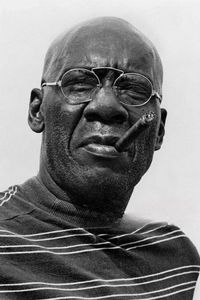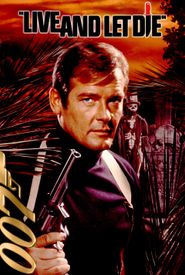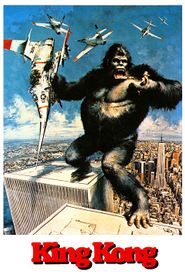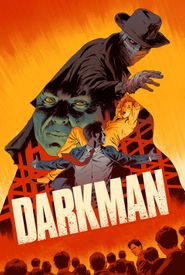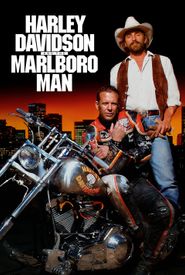Julius Harris, a Philadelphia native, began his career in the entertainment industry by working as a bouncer in New York City, where he formed associations with struggling actors.
It was through these connections that Harris, on a dare, auditioned for his first film role in the critically acclaimed "Nothing But a Man" (1964),where he played a father in the South alongside Ivan Dixon and Abbey Lincoln.
Harris's impressive physique and deep voice soon led to numerous appearances in the popular blaxploitation genre, with notable roles in low-budget films such as "Shaft's Big Score!" (1972),"Super Fly" (1972),and "Black Caesar" (1973).
These supporting roles helped pave the way for Harris to secure better quality productions, including a co-starring role in the first Roger Moore James Bond film "Live and Let Die" (1973),where his portrayal of the villainous "Tee Hee" with a menacing artificial arm remains one of the most iconic in the franchise.
Harris's work continued to flourish, with roles in films such as "The Taking of Pelham One Two Three" (1974),"King Kong" (1976),and "Looking for Mr. Goodbar" (1977).
In addition to his film work, Harris guest-starred in numerous TV shows, including "Harry O" (1973),"Sanford and Son" (1972),"Cannon" (1971),"Good Times" (1974),and "Kojak" (1973).
Throughout the 1980s, Harris continued to work in a variety of character roles, although the 1990s proved to be a leaner period for him.
Julius Harris passed away on October 17, 2004, at the age of 81, due to heart failure. He was cremated and interred in his hometown, and is survived by his daughter Kimberly and his son Gideon.
